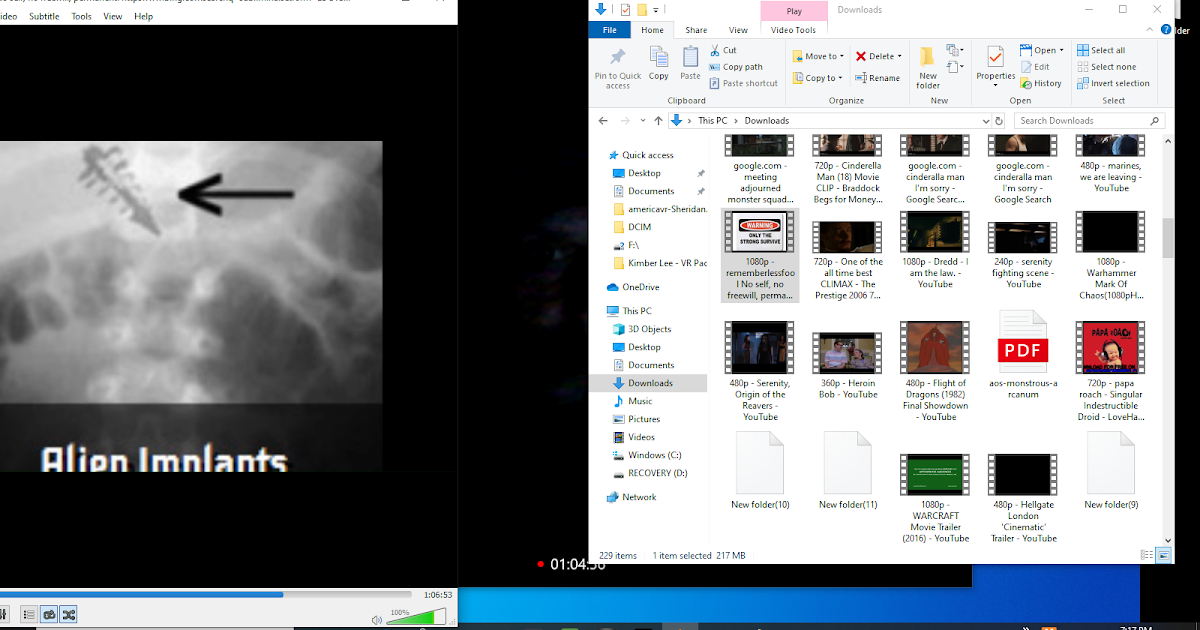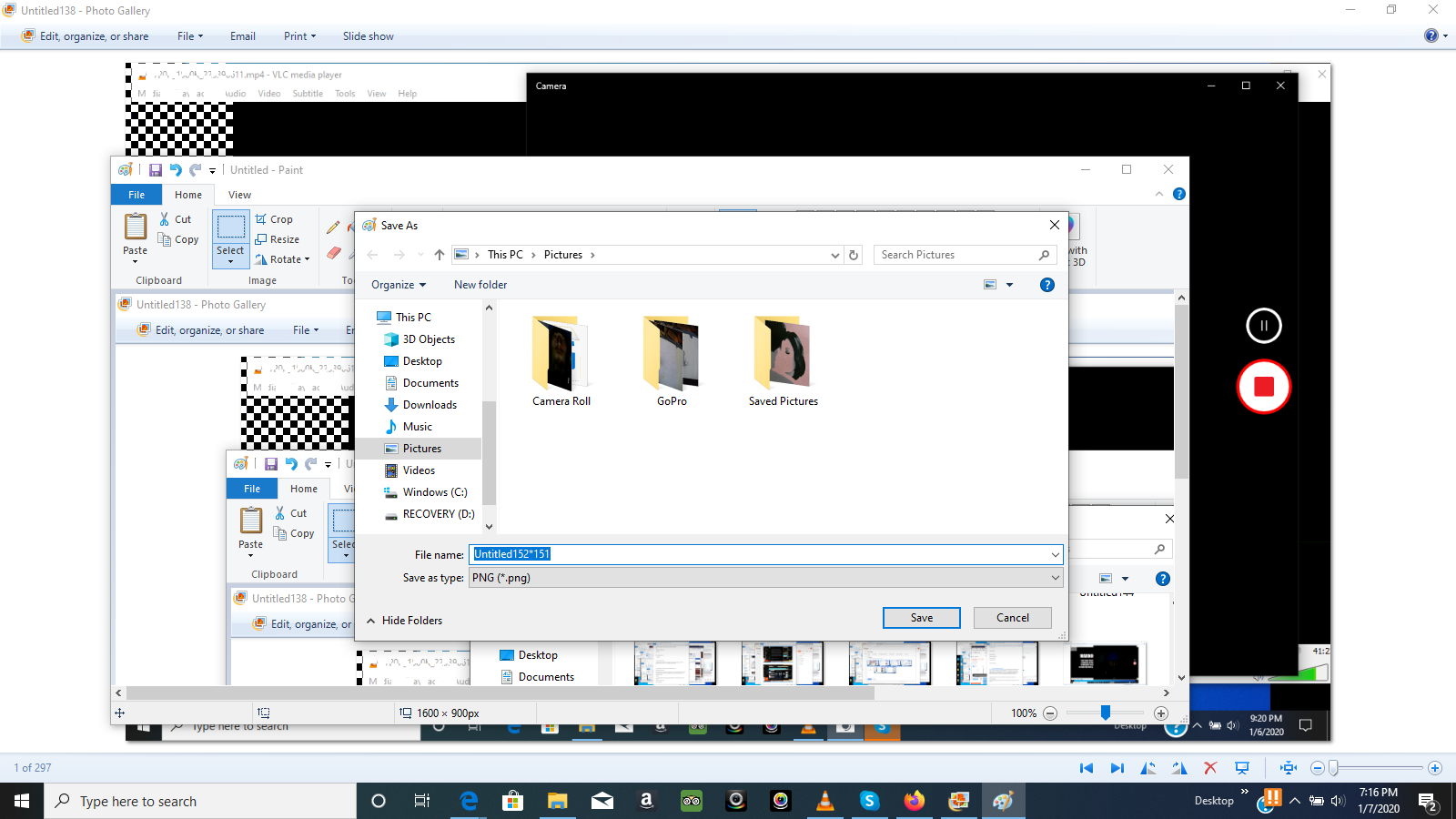Code right in your browser. Embeddable, 0 setup, and collaborative. Replit is the best tool for quickly starting, sharing, and developing projects in any programming language, right from your browser. Learn more about the IDE. The Fastest Browsers 2021. The Vivaldi browser has featured prominently in our rankings, topping the list of the best browsers, in general, and coming in fourth place for the best. Theia is the first browser-based IDE platform that supports all the latest programming language smartness in a depth similar to your local IDE. First-generation online IDEs such as Cloud9 have paved the way towards browser-based development. However, keeping up with the plethora of programming languages and frameworks that modern desktop IDEs.
RubyMine is a closed-source code editor from JetBrains. It’s the most complete IDE in terms of features, but it’s also not free. Pros: Refactoring support. Integration with testing frameworks, bundler, rake, terminal, etc. Intelligent auto-completion. Eclipse framework is a website development tool for C programming. It is one of the best C IDE that highlights the syntax you have written. This tool enables you to easily debug the program. The app can automatically complete the code.
C and C++ is widely used and good programming language for beginners. C is procedural language and is parent of C++ as well as basic of other programming language. C++ is an object oriented programming language and is more advanced than of C.
There are many IDEs available and choosing a right and best IDE will be difficult to most of beginners. In my case I started with Turbo C as I used it in my lab class, later on I decided not to use that and started using other IDE. While learning C and C++ you may have to also learn some basic graphics program like OpenGL, so it is better to choose good IDE that lasts until your learning period.
Among the list of many IDEs, I have chosen few popular and best IDE for C/C++ that suits for beginner.
1. Turbo C/C++
It is most basic version of Integrated Development Kit and uses Borland’s Compiler It has a source code editor, compiler, linker, inbuilt debugger and for help it has offline reference. Turbo C/C++ runs only in DOSBox, this is the reason why it is not user friendly. Also the source code editor is like, notepad with syntax highlighter, which only highlights your source code in a annoying blue screen. Turbo C/C++ used to be famous IDE in past time but now it has been discontinued after arrival of user friendly IDEs like Code::Blocks, Dev C++, Eclipse, etc. Now modern compiler has auto complete feature and made it easy to write our code. But in case of Turbo C/C++ there is no such feature like auto complete. This is also a main reason why I don’t like this IDE.
Conclusion
(DEPRECIATED) Turbo C/C++ is now being replaced by modern IDEs as it does not provides much user experience and and it is now obsolete. It will be hard to code with Turbo C/C++ as you start coding much bigger programs and projects, so don’t start with this.
2. Dev C++

Dev C++ is much far better than Turbo C/C++ since it provides good user interface and uses standard C/C++ compiler, MinGW. The newer version of Dev C++ also supports GCC based compilers like TDM-GCC Compiler. But the problem with this IDE is that, the developers of Dev C++ stopped updating it. The most recent version of Dev C++ is 3 years old and uses TDM-GCC 4.9.2 as the compiler. That compiler is also obsolete (current stable GCC version is 7.4) and is incomplete, but not as insanely obsolete as Turbo C/C++. Since the compiler is completely outdated you are able to compile C/C++ programs before 2011 with it and even use some elements of C++.
Conclusion

(DEPRECIATED) However Dev C++ is better than Turbo C++ in many way, it is depreciated. It is no longer updated and the compiler has also stuck on a old version. In my view, there is plenty of other IDEs so why we use this old and buggy IDE?
3. Code::Blocks
Best Browser Best C Ide Reddit For Mac
It is Code::Blocks I replaced with Turbo C++ after I found it boring and time consuming. Code::Blocks is similar to Dev C++ but it gets updated time to time and has newest stable MinGW compiler. You can also use another compiler if you don’t like or have problem with MinGW compiler as I am using TDM-GCC. It is light weight, open source and available for Windows, Linux and Mac platforms. It has auto complete feature and is completely adjustable, user can customize editor as I have added some themes in it, and link other compiler and libraries if necessary.
One can easily create C/C++ projects of medium size, but the large projects are not recommended. It also comes with portable type in which you do not need to install app, and it can be run directly after downloading Code::Blocks. So it can be stored in a flash drive (pen drive) and can be used anywhere directly from the flash drive. If you want to learn graphics OpenGl Code::Blocks can be downloaded from Code::Blocks Download section. Choose the binary that best suits for you and download it. If you don’t know which binary to download then download that one with post-fix “mingw-setup”. And you want to add some dark theme in your Code::Blocks, then visit Add Dark Theme in Code::Blocks.
Conclusion
If you are a beginner and have trouble finding a good IDE for C and C++, Code::Blocks is very nice, lightweight IDE with all the features available to use. If you are unable to choose the right IDE, then don’t look anywhere and download Code::Blocks. I am sure you will love this IDE.
4. Microsoft Visual Studio
Microsoft Visual Studio is the most advanced Interactive Development Environment from Microsoft used to develop computer programs, mobile apps, web apps, we service etc. It has IntelliSense feature and gives great user experience while editing source code, makes debugging easy, and also user can catch some minor error while editing (gives notification if anything wrong is typed) making it more productive.
Microsoft Visual Studio is not a simple IDE like Code::Blocks, it supports 36 different programming language and the code editor and debugger nearly supports any number of language. Visual Studio is more complex IDE and many features of it may me useless to beginners. But using it now will make working with this easy in future since most developers use Visual Studio for rapid development of their apps/services. It is not lightweight like Code::Blocks, Dev C++ or others IDE and typical installation may require 20 GB of hard disk. So you may not want to install it to do few simple programming.
I found installing OpenGL very easy in Visual Studio, while it takes time and some technical knowledge to setup OpenGL in Code::Blocks (in MSVS, from NuGet Package Manager install nupengl). It is easy to work with your teammates, managing your projects, editing, compiling and debugging using Visual Studio. In other hand it is resource intensive and heavy.
Conclusion
Microsoft being heavy and feature loaded IDE it is recommended to use it after getting some skills in programming language or you can use it along Code::Blocks.
Which is the best IDE?
It totally depends on you and your destination. If you just want to learn about C or C++ then a lightweight IDE will be best. If you want to learn C/C++ deeply and in future you want to develop some apps with it or may be you will start with another programming language after C/C++ then you will need an excellent IDE like Visual Studio. There are Eclipse, NetBeans and many others IDE that you can try.
Others IDE and Editor Worth Mentioning
- CodeLite – It is opensource IDE like Code::Block
- NetBeans – It is also an IDE available for Java, JavaScript, HTML5, PHP, C/C++
- Eclipse – Well known opensource IDE for Java, C/C++ and PHP that has support for many programming language.
- Visual Studio Code – It is an editor and has great feature like IntelliSense and one of the best free editor for front-end developers.
- Sublime Text – A paid text editor with many quality features.
You’re going to spend a lot of your time as a developer inside the editor, so it important to use an editor that you’re comfortable & productive with.
In this article:
I want to help you choose which Ruby IDE / Editor is right for you!
You don’t need to stress over this decision, just pick one, give it a try for a few weeks & see how it feels. You can always change your editor later.
Here are a few things to look for:
- What Ruby-related plugins are available to make things easier for you
- Whether the editor is open-source or not
- Built-in features that improve your productivity (like code snippets, auto-complete, clean design that doesn’t get in your way)
All of these editors support Windows, Linux & Mac.
Let’s get started!
Atom Editor
Atom is an open-source code editor from Github. It supports many programming languages including Ruby.
Pros:
- Git integration
- Good support for code snippets (time saver)
- Allows you to run code directly in the editor (with plugins)
Cons:
- Can be slow when opening really big files
VSCode Editor
VSCode is an open-source code editor from Microsoft & it’s based on the same GUI technology as Atom.

Pros:
- Terminal integration
- Debugger integration & other IDE-like features (needs language support via plugins)
- Under active development
Cons:
- Ruby language plugin doesn’t get many updates, but it works 🙂
RubyMine IDE
RubyMine is a closed-source code editor from JetBrains. It’s the most complete IDE in terms of features, but it’s also not free.
Pros:
- Refactoring support
- Integration with testing frameworks, bundler, rake, terminal, etc.
- Intelligent auto-completion
Cons:
- Closed source
- Can feel “heavy” in terms of performance & UI design
VIM Editor
VIM (VI iMproved) is an open-source editor that has been around for ages, the most striking characteristic is that it’s terminal based, unlike the other editors which are GUI-based. It has countless plugins that you can install to add new features.
Pros:
- Many keyboard shortcuts & plugins
- You can do everything you need without leaving the terminal & without your mouse
- Powerful editing features (delete inside quotes, regex replace, block selection, etc.)
Cons:

- Initial setup takes some time (.vimrc file & installing plugins)
Other Editors
While these four editors are what I think the most popular in the Ruby community, there are still others that are worth a mention.
Here’s the list:
- Sublime Text
- Emacs
- Cloud9 (online editor)
Best Browser Best C Ide Reddit Download
Feel free to give these a try.
Personally, I use Atom for most of my Ruby development & writing, for quick edits (like configuration files) I use VIM.
Best C Ide Windows
Summary
You have learned about a few Ruby editors that can make your work easier, which one are you going to pick?
Let me know in the comments 🙂
Thanks for reading!